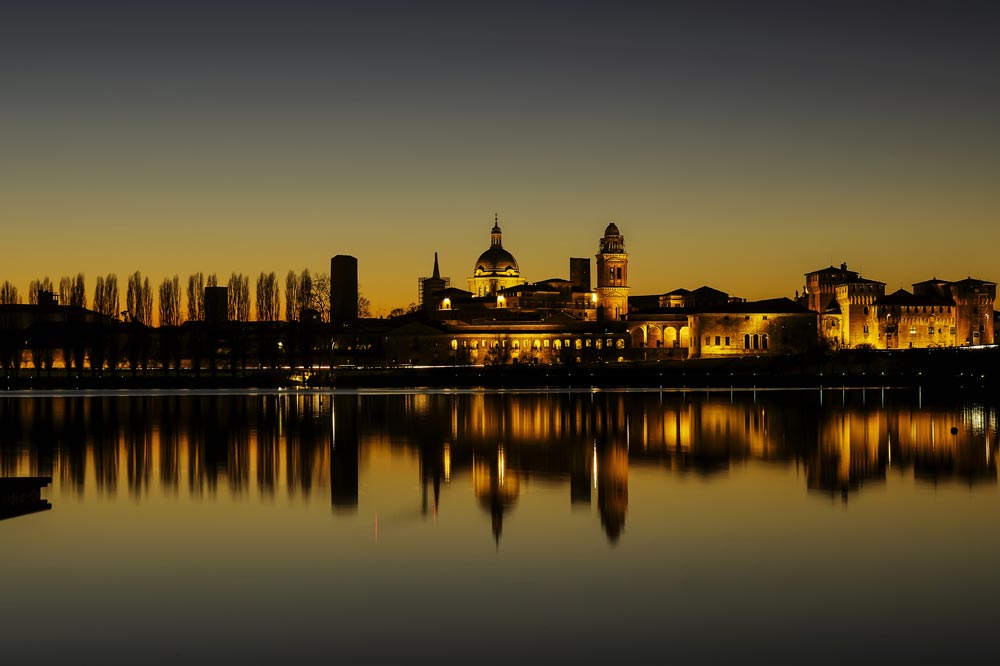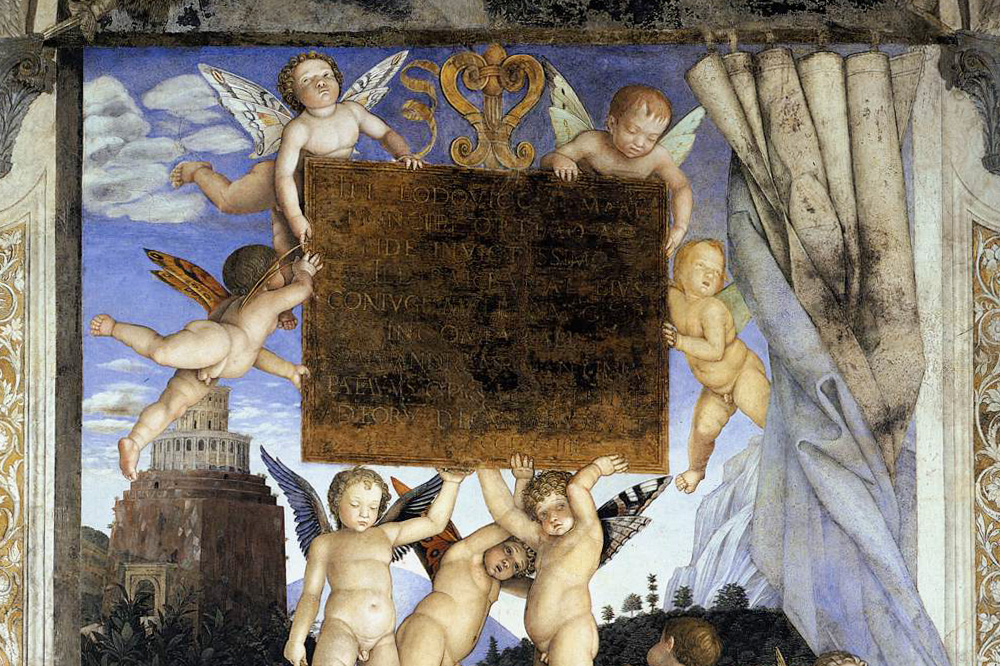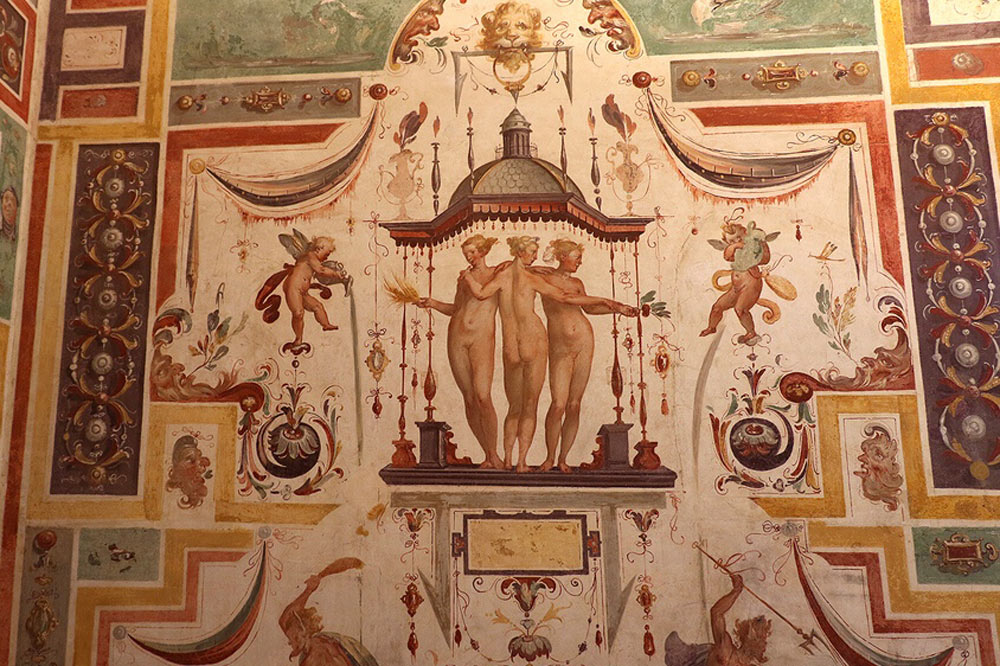Dozens of stories go around about that couple of foreign visitors lost in Firenze, desperately looking for “Florence”. It’s an old joke, known in many different variants: sometimes they are in Venezia, looking for “Venice” or in Napoli, searching “Naples”.
To be honest, I have never had this kind of experience: all the tourists I met in my career were smart people, and they knew that “Mantua” was the English name for “Mantova”. But quite often they asked me what was the right name of the city.
Of course you can use both of them, as “Mantua” is the exonym (a name of a place in a foreign language) for “Mantova”. And “Mantua” is the name used also in the local dialect and in Latin. So, don’t worry: you con not go wrong by using it.
Another frequent question is why the names of some Italian places are translated in English.
Although many people blame it on the British colonialism, actually it has nothing to do with it (Italy has never been a British colony), and everything started centuries before the British Empire. For example Shakespeare mentions the city of Mantova using the name “Mantua”.
The reason is that – during the Middle-Ages and the Renaissance – many diplomatic connections have been bound amongst the powerful Italian city-states and foreign countries: ambassadors were sent from the Italian cities all around Europe. So the names of the historic Capitals of the Italian states started to pass the borders, being changed in the languages of the different countries, and quite often the translated names were created after the Latin ones, as Latin was the official diplomatic language.
If you notice this happens ONLY with the names of places that had diplomatic connections with Britain in the past centuries: “Milano” became “Milan”, “Venezia” became “Venice”, “Firenze” became “Florence” and “Mantova” became “Mantua”.
Places thad had not connections with Britain during the Middle Ages or the Renaissance, usually don’t have an English version of their names. A good exaple of this is Parma. As the town had not connections with Britain, there is no English name for the town. But a French version does exhist – “Parme” – as the city had strong bounds with France.
So this is a trick you can use to immediately figure out if an Italian town had strong connections with Britain in the past: just checking if an English version of the name ot that place does exhist.
Here you have a list of the main Italian exonyms
Florence – Firenze
Genoa – Genova
Mantua – Mantova
Milan – Milano
Naples – Napoli
Padua – Padova
Rome – Roma
Turin – Torino
Venice – Venezia










